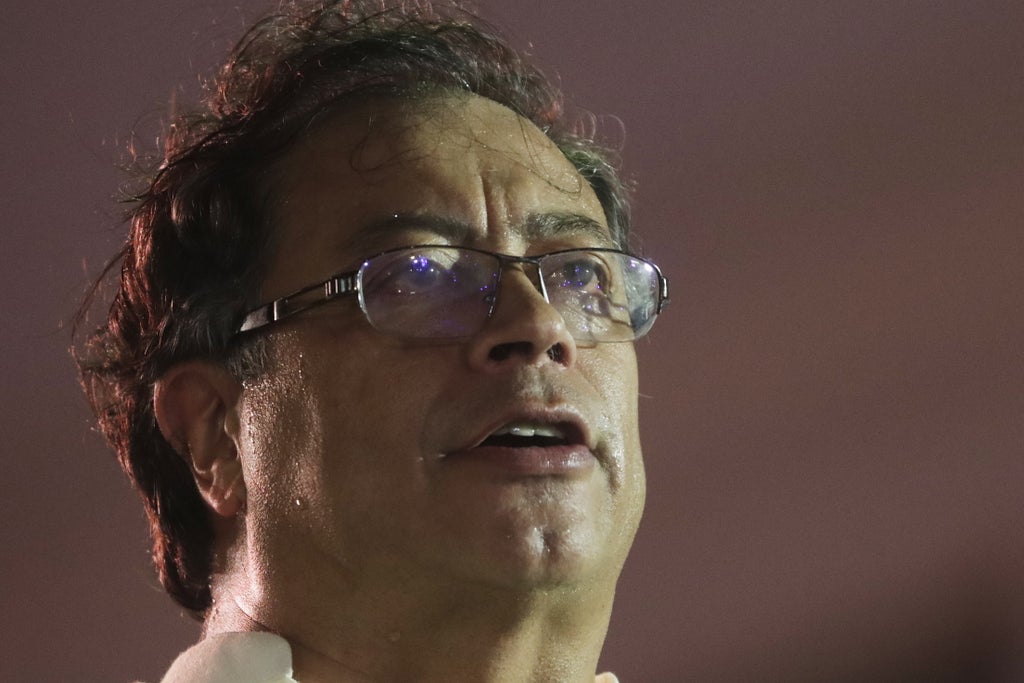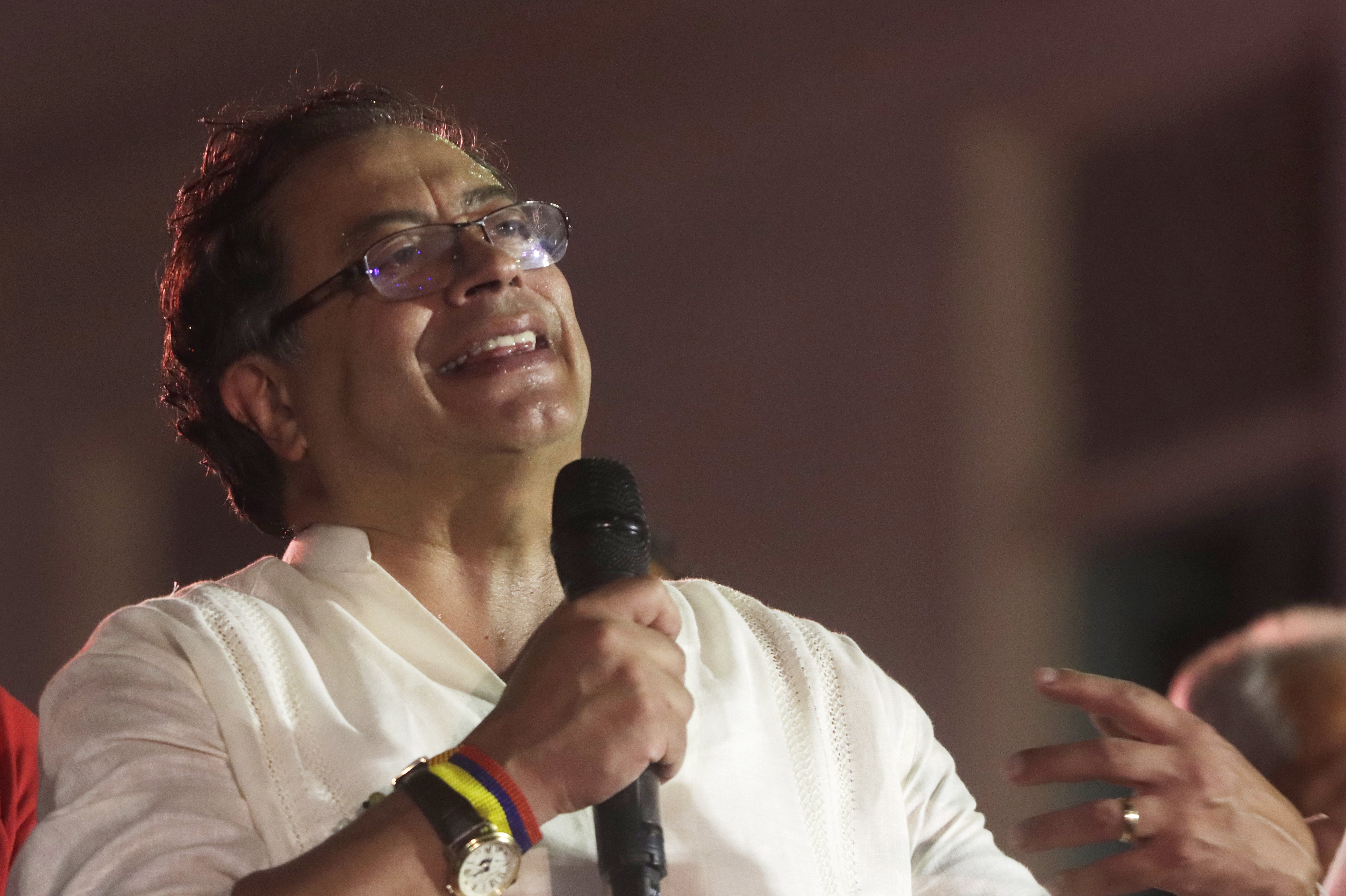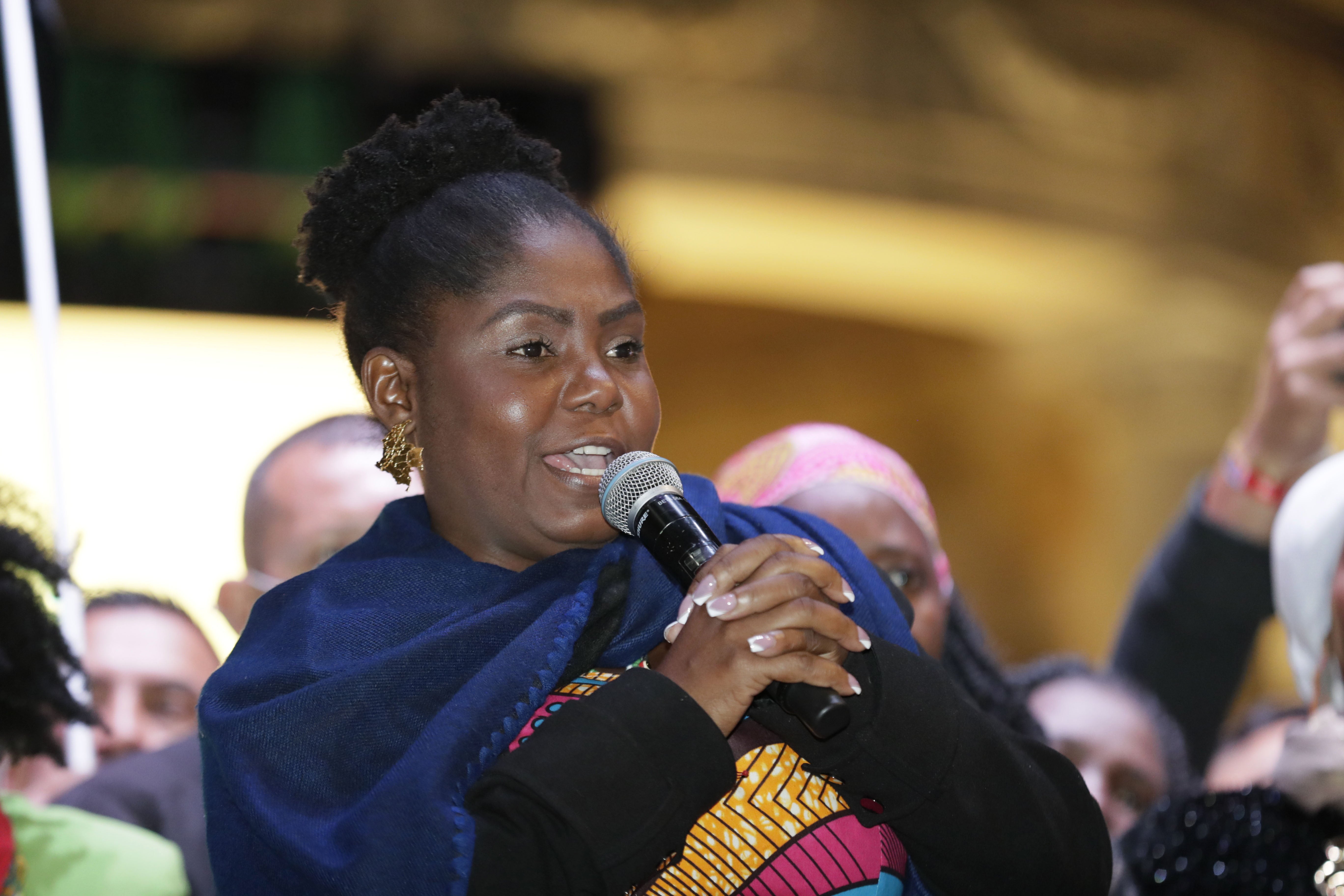
Parliamentarians from over 20 countries have expressed their “grave concern” over the increasing threats of violence and assassination ahead of the Colombia elections.
In an open letter signed by global figureheads such as former president of Ecuador, Rafael Correa, Jean-Luc Mélenchon, member of the National Assembly and professor Noam Chomsky, they condemned the political violence against the candidates.
The letter pointed to how death threats now “regularly circulate on social media platforms threatening [candidates’] lives and their right to political expression just days before the first round vote”.
Earlier this month, an assassination plot against sitting senator and leading presidential candidate Guastavo Petro was unfoiled.

The 62-year-old told AFP in February: “The specter of death accompanies us.
“It does not stop appearing to me like a flash, when I’m in a crowd, when I’m on a platform and there is a full square, someone could shoot from anywhere.”
The plan was coordinated by paramilitary group La Cordillera, which is based in the mountainous area of Risaralda.
The organisation is rooted in Colombia’s right-wing paramilitary movement that emerged in the 1980s against Marxist guerilla groups.
Both Mr Petro and his running mate Francia Márquez Mina have survived assassination attempts in previous years.

Colombia has a long history of assassination attempts, with the country having witnessed more than 50 years of conflict between the state and the Revolutionary Armed Forces of Columbia that ended with a peace deal in 2016.
The open letter stated that “more than 50 social leaders — including trade unionists, Indigenous and Afro-Colombian representatives, peasant movement organisers, and environmentalists — have been murdered this year in an attempt to intimidate and eliminate Colombia’s popular movements”.
It added that the narco-paramilitary Gaitanista Self-Defense Forces of Colombia (AGC) have launched an “armed strike” which has resulted in dozens of deaths and “paralysed entire regions”.
Top military officials have been accused of intervening at the “highest levels of Colombian government” with these warnings growing “louder following suspensions of democratically elected leaders earlier this month, raising concerns about the possibility of targeted lawfare”.
The letter concluded with a call of solidarity with the people of Colombia in their “struggle for a free and peaceful democratic process”.







